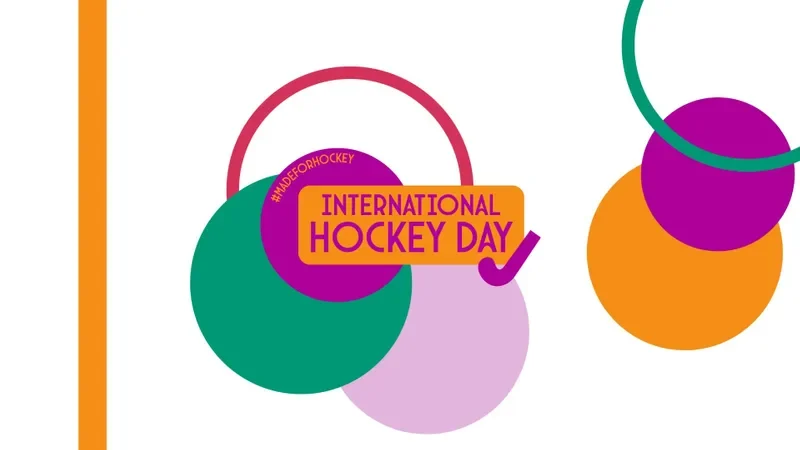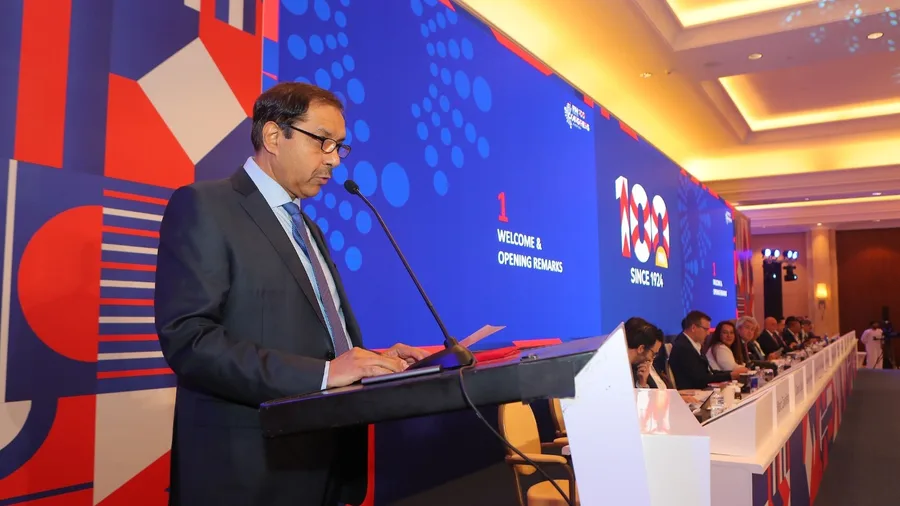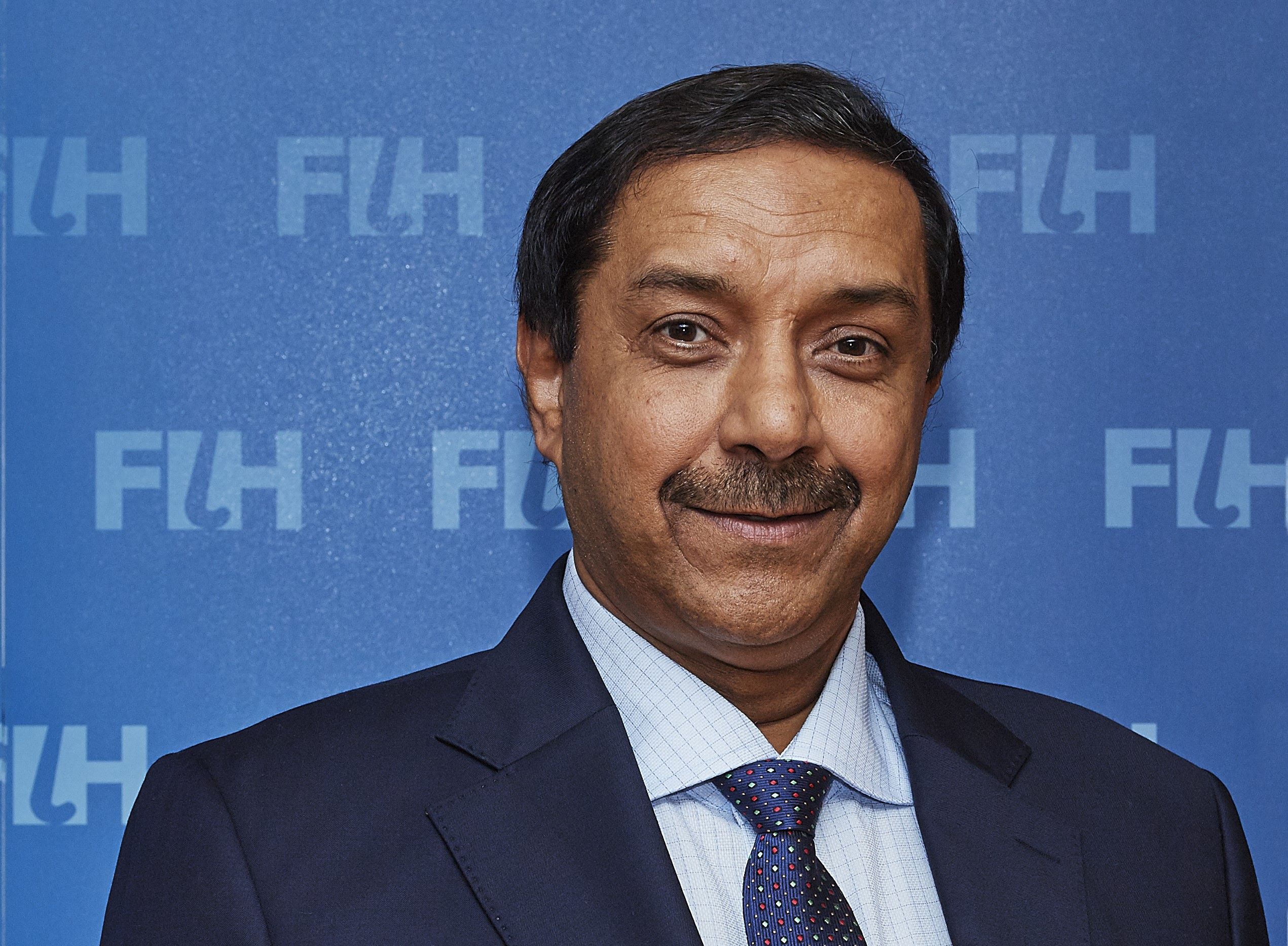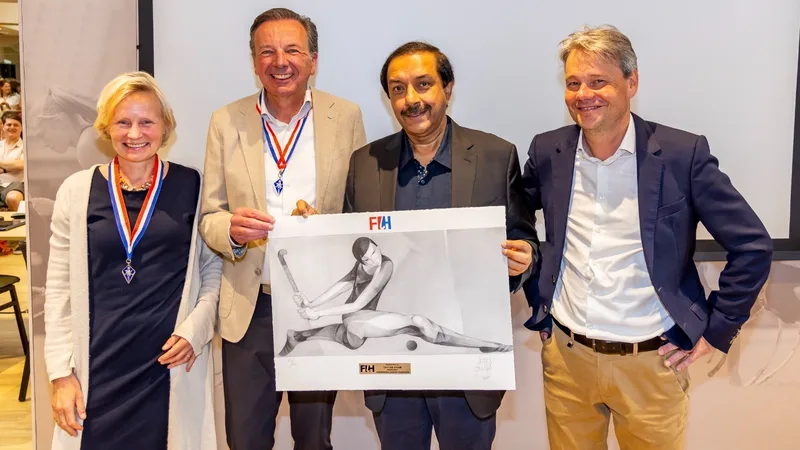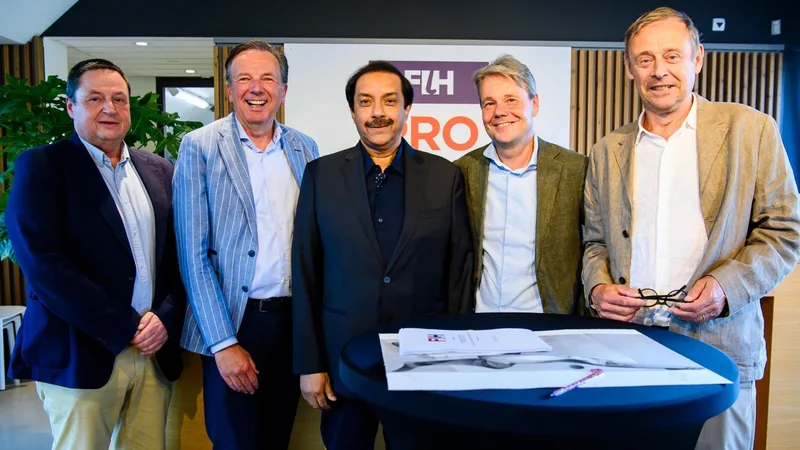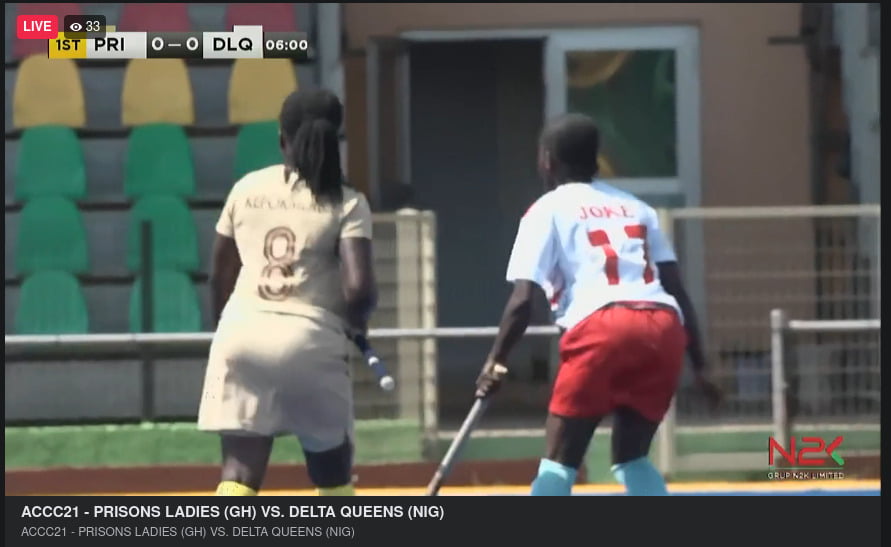11 Apr, 2025 After a memorable debut last year as part of the FIH Centenary celebrations, the International Hockey Day is back — and this time, it’s even bigger! Mark your calendars for 12 and 13 April 2025 as the global hockey family comes together once again to honour our sport, our community, and over 100 years of hockey history. Whether you’re a player, coach, volunteer, fan, or simply someone who loves the game, this is your moment to shine. Join hands with hockey lovers from all corners of the world and make this celebration a true reflection of our passion and unity. Message from FIH President Tayyab Ikram “International Hockey Day is a celebration of what makes our sport so special — the community. It’s not just about the game itself, but about the people who breathe life into it every single day: the young child picking up a stick for the first time, the volunteers who dedicate countless hours, the athletes who inspire millions, and the fans whose passion is unmatched. This day is for everyone who loves hockey — regardless of where you live, how you play, or what role you have in our ecosystem. It’s a reminder of our shared values, our unity, and our unstoppable spirit. Let us use this occasion to show the world the joy, diversity, and strength of the global hockey family. “Together, let’s make #InternationalHockeyDay throb with life and passion as we celebrate a Centenary year that has produced tremendous new heights for FIH and hockey.” Here’s how National Associations, clubs and the larger hockey community is taking part in the celebrations: (📸: Thai Hockey Association celebrates the International Hockey Day) There are countless ways to celebrate #InternationalHockeyDay — and they’re all about creativity, joy, and togetherness: Creating FIH-themed T-shirts and wearing them during matches, training sessions, or local meetups — especially with young players! Printing the FIH logo, gathering friends or teammates, and taking group photos showcasing hockey pride. Forming the number “100” on hockey pitches using sticks, balls, or players — and capturing it from above for an unforgettable tribute to the sport’s Centenary. A Celebration for Everyone Whether you’re organising a local event, playing a friendly match, or simply posting a message of support, your voice matters. This celebration is about you — the lifeblood of the sport — and the incredible community we’ve built over the past century. So this 12–13 April, wherever you are in the world, come out and celebrate International Hockey Day with heart, energy, and love for the game. Let’s celebrate hockey. Let’s celebrate each other. Let’s celebrate #InternationalHockeyDay. Don’t forget to post your celebration on social media using #InternationalHockeyDay and tag @fihockey. Do you have an awesome hockey development project that you would like to share with the world? Please tell us about it here: https://fih.formstack.com/forms/hockeydev2025 Source: FIH.hockey
